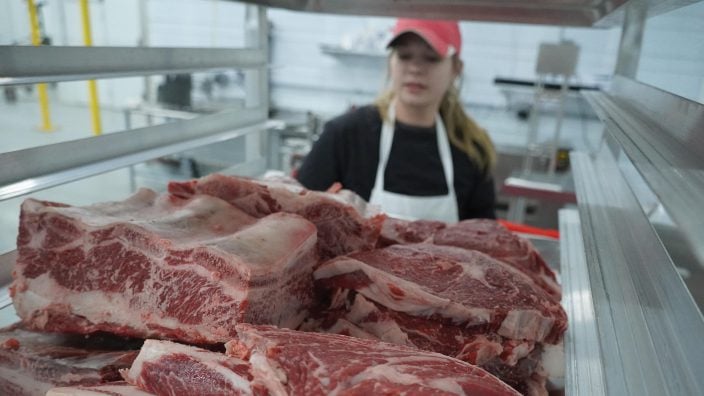Farmer’s Guide to Trucking Regulations available to Ohio Farm Bureau members
The guide includes a farm driver checklist, overview of state and federal regulations and exemptions, CDL qualifications and more.
Read More
Nate Like’s eyes well up as he tells the story of his Grandpa Merle Bishop who, shortly after World War II, used his draft money to start what would become Bishop Meat Locker. After six decades of providing high quality meat, often cut to his customers’ specifications, the meat processing facility became a staple of Hamler, Ohio in Henry County. Bishop was so passionate about his craft that he even served as president of the Ohio Meat Processors Association in the late 1970s.
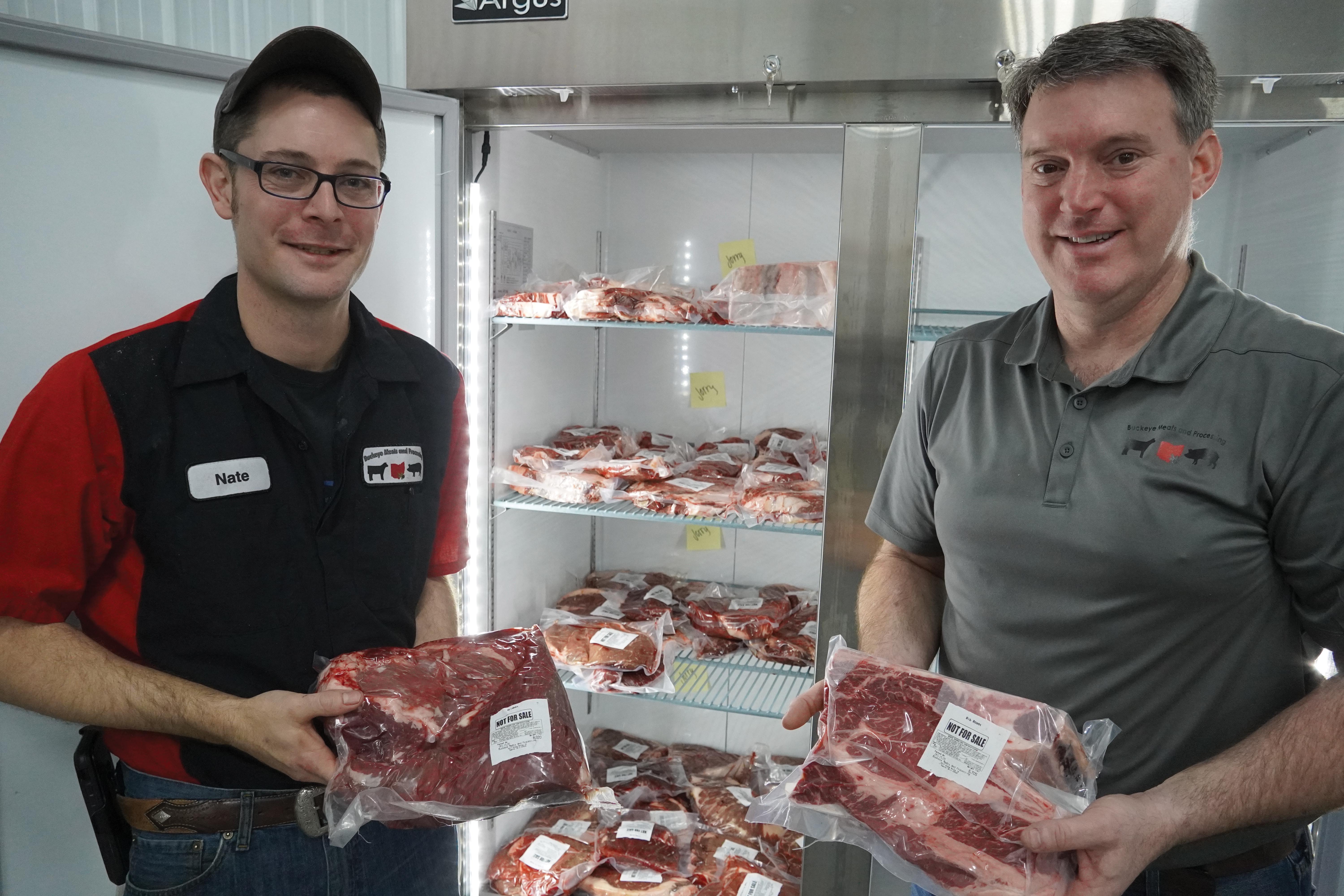
Like, the current president of Henry County Farm Bureau, is hoping to rekindle his grandfather’s legacy by taking the same chance that was taken two generations ago. He is starting a processing facility of his own. It all began with a conversation with his cousin, Jason Pfau, after COVID-19 put a strain on the food system.
“When meat packers started to get backed up, there were many farmers in the area that had nowhere for their livestock to go and knowing my family’s history, they nudged me in this direction,” Like said. “After losing my job in the seed business, I knew there would be no better time to start the process and alleviate some of that pressure off of our neighbors looking for a place to market their livestock.”
In just six weeks from the initial planning, Buckeye Meats and Processing was opened for business Nov. 6 last year, and business is good.
“We were trying to keep this hush hush, but as people would drive by day after day and see the progress, they knew something was going on,” Pfau said. “After we had our first customer, then word began to spread like wildfire.”
So much so that the facility is operating at full capacity, processing between six to eight fat steers and a few hogs each week. Although they still have an opening here and there, they already have orders booked into 2022, and adding more capacity to meet the demand is in the works.
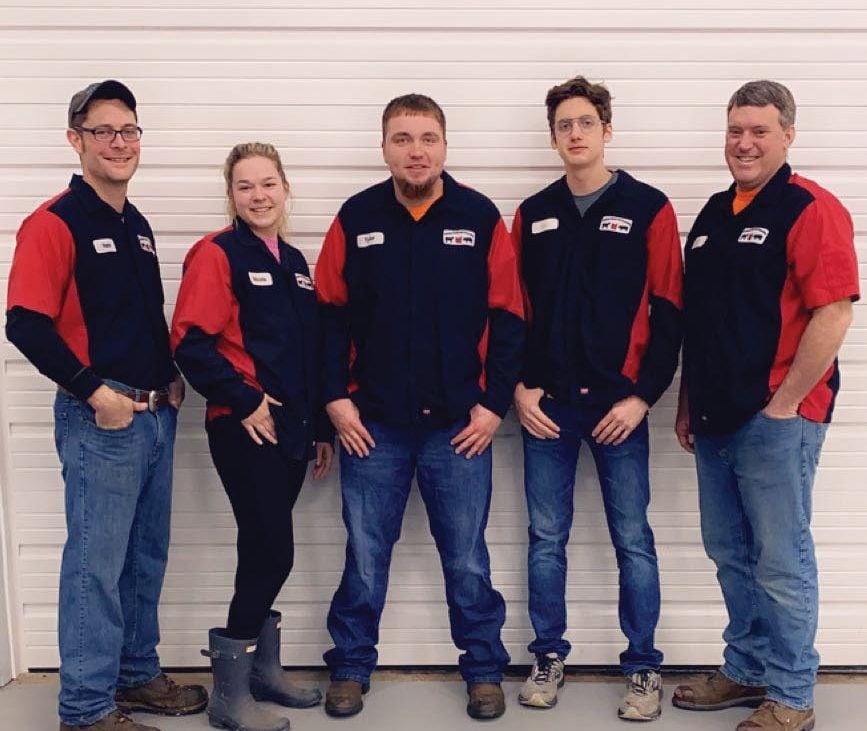
Meat processing facilities that serve a more regional area are beginning to pop up around Ohio as entrepreneurs, such as Like and Pfau, have seen an opportunity to fill a need in their communities. In fact, according to the Ohio Department of Agriculture, 13 new establishments have been licensed to process meat since the coronavirus pandemic began, bringing the total number of facilities in Ohio that require ODA inspections to 265.
“One of the primary missions from Gov. DeWine through COVID-19 was to make sure that our food supply was moving forward, and we are a major part of that chain because processors can’t operate unless our inspectors are there,” said Dr. Dennis Summers, assistant state veterinarian and director of state meat inspection with the Ohio Department of Agriculture’s Division of Animal Health. “The vast majority, if not all of our licensed facilities, have more than enough business that they are going to be busy for quite some time, and we will have inspectors where they need to be so we are not an impediment of commerce. We have met those challenges with success.”
The meat processing dilemma of 2020 was one of the major issues addressed at the 102nd Ohio Farm Bureau annual meeting in December. Delegates put in place new policies that would allow for more local facilities to come online.
“One of the major concerns coming from our members is the importance of adequate funding for the state’s meat inspection program because this is a food safety issue,” said Roger High, director of livestock policy with Ohio Farm Bureau. “Promoting growth and diversity in the meat processing space is also a priority for us as it will allow for more marketing options for Ohio’s livestock producers.”
Going through the licensing and regulatory system, in addition to the upfront financial needs of opening a facility like Buckeye Meats and Processing, may have some thinking twice about an endeavor into the meat processing industry. Like said ODA makes that aspect very easy.
“As we built this facility, we worked hand in hand with the inspectors and we took it step by step,” Like said. “Every time we completed a section, I would have them visit to make sure we were up to code. As long as you work with them, they will be willing to work with you, and that is how we were able to get up and running pretty seamlessly.”
Like said the community is an integral part of why he wanted to open his facility and the reason he is seeing early success, and he wants to give back in the very same way Merle Bishop did so many years ago.
“He was a well respected man and I don’t know if I can ever compete with his standards or his skills as a meat processor, but I’m going to try,” Like said. “I can still hear him when I run the bandsaw and I sure hope he is proud.”
Entrepreneurs wanting to start a meat-processing business in Ohio may be encouraged by the hearty demand, but there’s a whole lot more to consider.
A team from Ohio State’s College of Food, Agricultural and Environmental Sciences has created a free online “toolkit” with questionnaires, links, and other resources to help people fully think through starting up a meat-processing facility.
Using the toolkit, a prospective entrepreneur can discover livestock inventories by county throughout Ohio, business model options, guides to creating a business plan, contacts in the meat industry, and a host of other resources.


The guide includes a farm driver checklist, overview of state and federal regulations and exemptions, CDL qualifications and more.
Read More


ODA will enroll 500,000 acres into the program for a two-week sign-up period, beginning April 22, 2024, through May 6, 2024. Contact local SWCD offices to apply.
Read More

Katie Share of Columbus has been named ExploreAg and Youth Development Specialist for Ohio Farm Bureau.
Read More

Mary Klopfenstein of Delphos has been named Young Ag Professional and Ag Literacy Program Specialist for Ohio Farm Bureau.
Read More

The plan has been updated to give sole proprietors access to more rate stability and a smart solution that offers potential savings on health care.
Read More

The American Farm Bureau Federation, in partnership with Farm Credit, is seeking entrepreneurs to apply online by June 15 for the 2025 Farm Bureau Ag Innovation Challenge.
Read More

Adele Flynn of Wellington has been elected treasurer of the Ohio Farm Bureau Federation and now holds the third highest elected office in Ohio’s largest and most influential farm organization.
Read More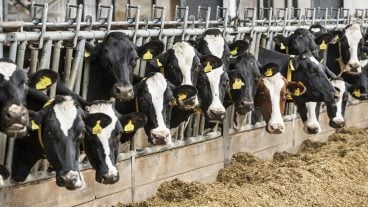
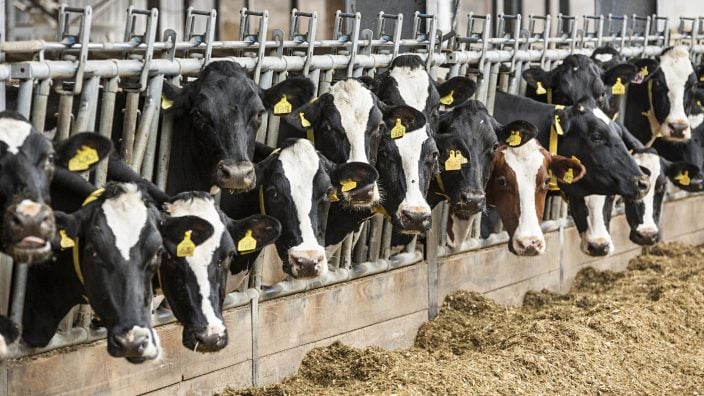
Producers are urged to work with their veterinarian to practice enhanced biosecurity measures and review and limit cattle movements within production systems.
Read More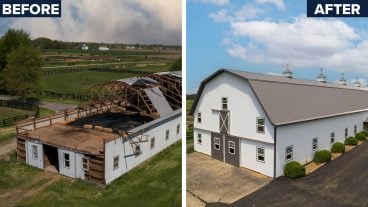
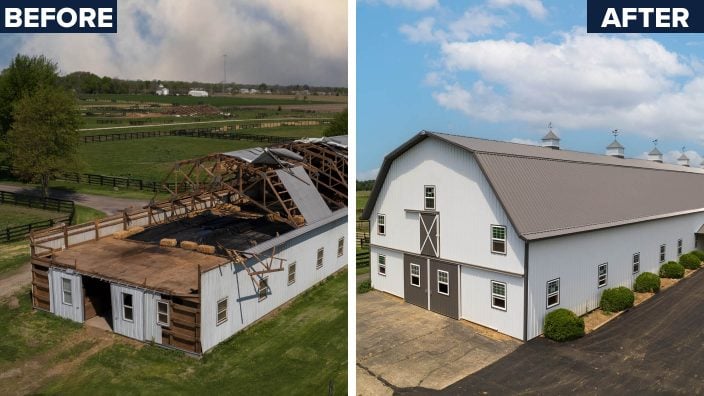
The changing seasons bring with them the need to thoroughly inspect pole barns for any damages that may have occurred during the winter months.
Read More
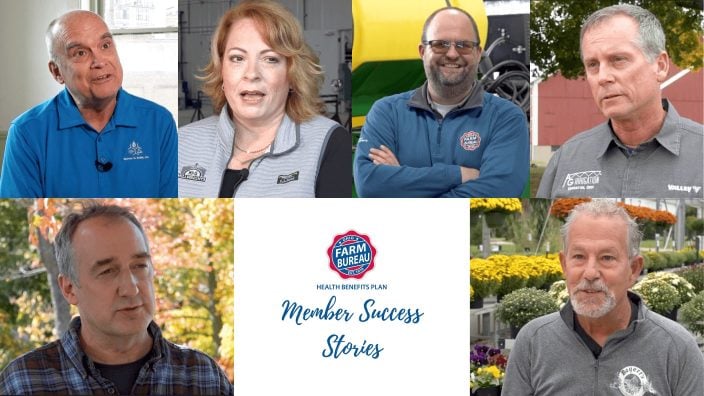
Hundreds of Ohio businesses and sole proprietors are raving about Ohio Farm Bureau’s Health Benefits plan with lower, predictable costs and easy enrollment and administration options.
Read More